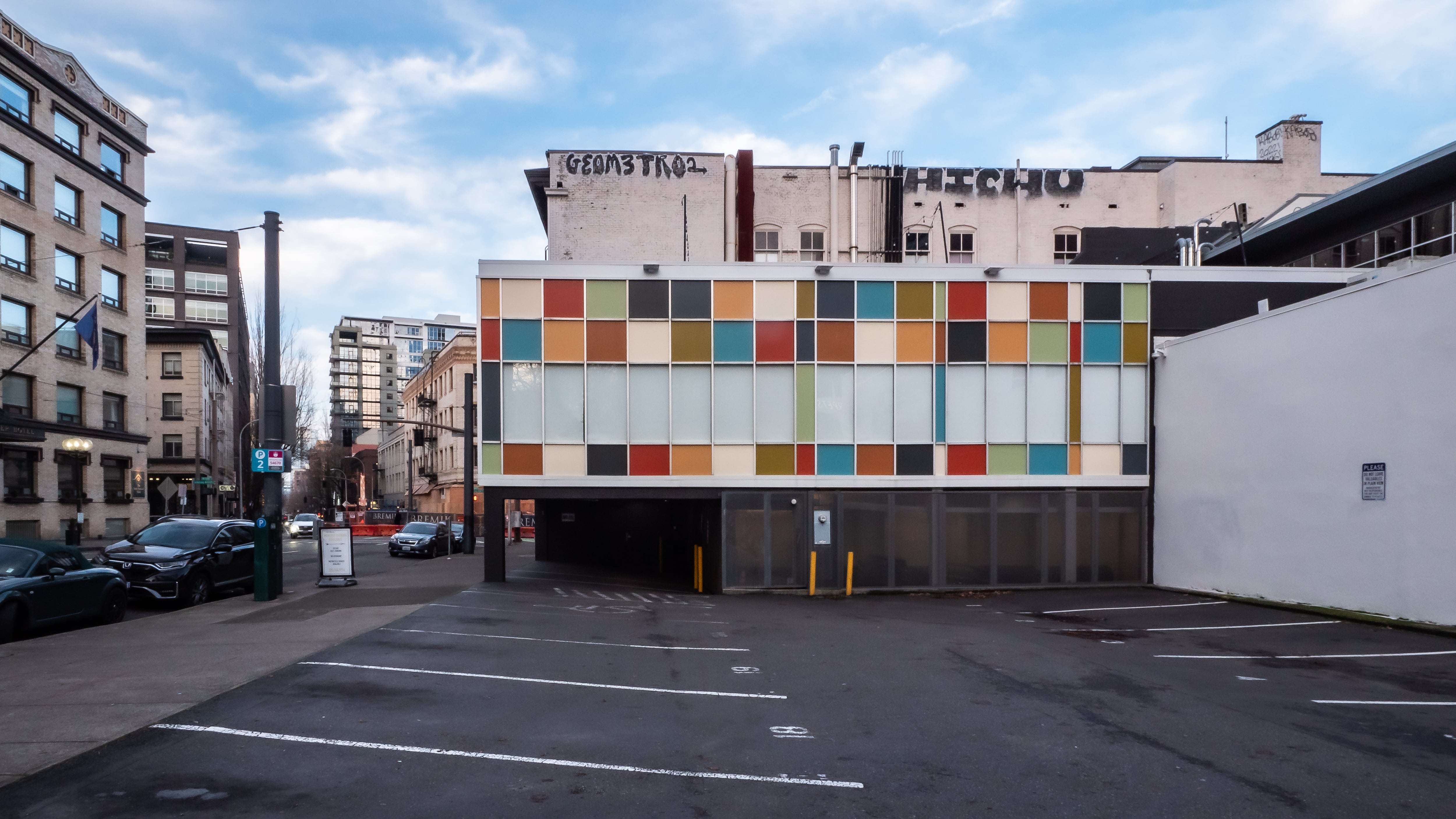TWO WAYS TO FIX THE TAX CRUNCH
Willamette Week’s Oct. 29 article [“Tower of Terror”] on Big Pink’s role in the collapse of downtown Portland real estate values and property tax receipts warrants a response. An echo of California’s Proposition 13, our tax revolt in the early 1990s prompted the abandonment of real market values (RMV) in favor of a permanent growth limit on taxable assessments (MAV).
The gap between taxable and real market values has been steadily growing since 1995. In Multnomah County, the total MAV is now less than 40% of RMV. Herein lies the basis for the whopping 68% fall in city tax receipts in a single year. In the past six years, MAVs on Big Pink remained steadily low, whilst RMVs gradually decreased from a point $300 million greater than the later point at which it was sold. Had RMV assessments been in place, annual tax receipts would have coincided with concurrent property values.
There are two ways to fix this. First, pass state legislation exempting cities requesting this option from M5 and M50 restrictions, returning to the norm of using RMV assessments to determine tax rates. This will prevent sudden revenue collapses.
Second, make the tax system more efficient by authorizing a land value tax (LVT). A higher rate on land assessments and a lower rate on improvements provides an incentive to invest in new construction and a disincentive to hold sites out of production. LVT stimulates growth and revitalization of city centers thus boosting the tax base.
Tom Gihring
Northeast Portland
LOST PROPERTY VALUE MEANS FEWER SERVICES
As a longtime local elected official in Linn County, I commend you for you story on property tax compression. It is both accurate and entertaining. We had to close down a portion of our county jail in 2012 as a result of the 2008 real estate crash and the impacts on valuations.
Bottom line in Oregon is that state and local government should not pursue policies and take actions that result in a decrease in value to people’s property for a number of reasons.
You’ve done an outstanding job highlighting one of those reasons.
Roger Nyquist
Albany
PEACOCK IS PREENING
By legitimizing a political faction within a group designed to be nonpartisan, Peacock blurs the line between representation and partisanship, to the detriment of all constituents [“Great Divide,” WW, Oct. 29]. By isolating themselves from the rest of the council and advancing a personal agenda, they mirror the same partisan divisions that have fractured our country.
Symbolic gestures—like an Amazon-bought keffiyeh (perhaps Amazon should be next on the BDS boycott list)—do nothing to address Portland’s real challenges. In a recent interview, Councilor Mitch Green twice used the word “power,” yet a council seat isn’t a position of power; it’s one of representation. Portlanders need leaders solving problems—housing, addiction, and safety—not staging political theater.
The selective activism is also striking. Maybe it’s time for local leaders to focus less on global posturing and more on the people they were elected to serve.
J. Van Wess
Southwest Portland
FOCUS ON PORTLAND’S PROBLEMS
While I have watched the new Portland City Council grow into their new positions, I have been concerned that many council members seem to have personal agendas that do not necessarily address the important issues facing Portland today. I find this disturbing and even more so because I think their personal agendas are political.
For years, I have written letters to statesmen and leaders all over the world concerning the Israeli treatment of Palestinians. I am certain that Netanyahu and his government have committed war crimes, as the International Criminal Court has stated, and that they need to be brought to justice.
With that being said, that any city councilors are seriously spending council time trying to directly affect the situation in Gaza right now indicates to me that they are more interested in furthering their own political agenda than functioning within parameters of what they were elected to do, which is to help govern Portland.
Portland is struggling. We have major budget challenges that will not be remedied until we can bring businesses back downtown and increase our tax base. The homeless problems we have continue to plague the whole city, hitting small businesses especially hard. We have hardworking citizens being pulled off the street and sent to detention camps. Our hospitals are struggling and we are about to lose subsidies for health care for thousands of Oregonians. Not to mention the SNAP benefits that are ending in a few days.
For city councilors to divert any of their resources, be it time or money from addressing Portland problems, does a disservice to those of us living in Portland and trying to hang in there while we work out our problems.
As other cities begin to bounce back, Portland is lagging behind. Until we have begun to turn things around and set Portland back on a path to prosperity with our citizens able to find employment and housing and businesses thriving, the focus of our government leaders needs to be on Portland and Portland only.
Kris Bennett
Southwest Portland
CORRECTION
A story in last week’s edition on a dual language classroom at Rose City Park Elementary School incorrectly stated that its teacher, Chau Vo, was not qualified to teach English and language arts. In fact, she is licensed to teach those subjects. WW regrets the error.
Letters to the editor must include the author’s street address and phone number for verification. Letters must be 250 or fewer words. Submit to:
P.O. Box 10770
Portland, OR 97296
Email: amesh@wweek.com

